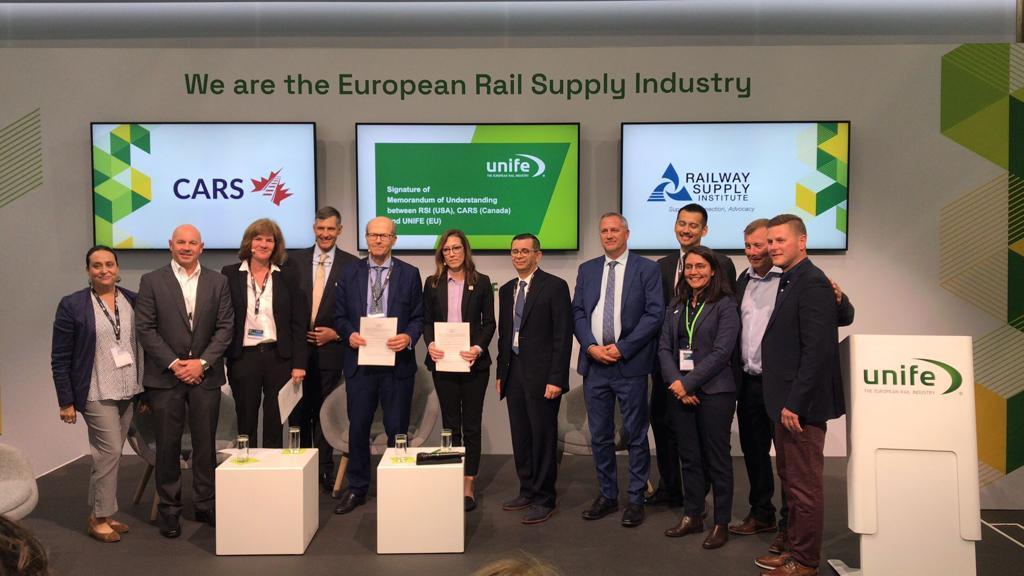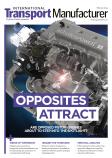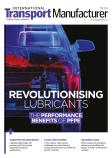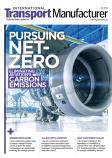
The Canadian Association of Railway Suppliers (CARS), the Railway Supply Institute (RSI) and the European Rail Supply Industry Association (UNIFE) have signed a Memorandum of Understanding (MoU) to establish future collaboration between railway supply industry organisations.
Announced at Innotrans this week, the MoU will begin a new phase in the long-standing cooperation between the organisations across several areas such as public procurement, global standards and skills.
“The railway supply industry in Canada, the United States, and Europe are strategic manufacturing sectors,” said Sylvia Newell, president of CARS. “Currently, significant investment in rail projects is occurring on both sides of the Atlantic. This MoU further solidifies the recognition that rail is the greenest and safest means of moving both people and freight.”
The MoU aims to open the door to further partnerships focused on fostering the health and future growth of the industry, while enabling the identification of emerging opportunities for the organisations to work together in advancing their objectives.
“I’m proud to be joining these two organisations in a commitment to address some of our most important challenges facing the industry today,” said Patty Long, RSI president. “Recent international events have truly uncovered the strategic importance of freight and passenger rail to world markets.”
While how the MoU will play out in practice is yet to be seen, cross-Atlantic collaboration is a big positive for the industry as it looks to reinforce its supply chain resilience and security ahead of the growing demand for more sustainable transportation.
“In this critical time for railway suppliers, I cannot emphasise enough how valuable our partnership with RSI and CARS will be,” said Philippe Citroën, director general of UNIFE. “By joining together to advocate for increased rail investment in Europe, the United States and Canada, our respective members are leading the way to a sustainable mobility future needed for renewed prosperity, equity and resilience.”










